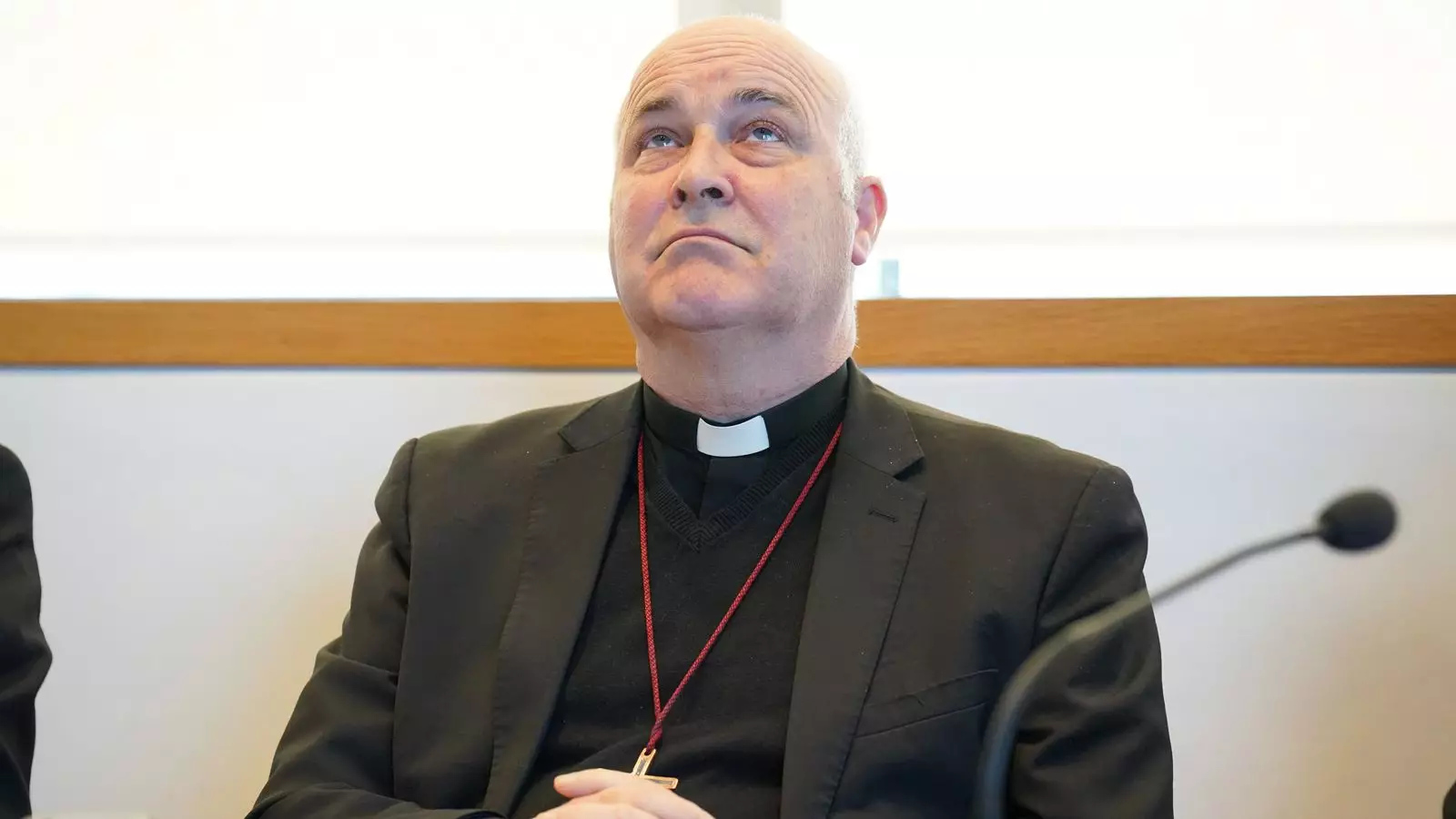As the Church of England prepares to celebrate Christmas, the atmosphere is tinged with an urgent need for introspection and transparency. Archbishop of York, Stephen Cottrell, is poised to deliver a poignant sermon that will resonate deeply with both the faithful and critics alike. The Church is navigating a period of turmoil and scrutiny, particularly concerning its handling of serious abuse scandals that have marred its reputation. This is not just another Christmas sermon; it is a clarion call for the Church to embark on a journey of healing and transformation.
With Archbishop Justin Welby announcing his resignation after contentious revelations regarding his failure to report a notorious abuser, John Smyth, the Church finds itself in a precarious position. The air is thick with questions about accountability and leadership. As Mr. Cottrell steps into the role of temporary leader, he carries the weight not only of guiding the traditional Anglican flock but also of addressing the deep-seated issues that have come to light under Mr. Welby’s tenure. This shift in leadership symbolizes a broader reckoning within the institution, which must confront uncomfortable truths about its past actions—or lack thereof.
Cottrell’s anticipated exhortation for the Church to “kneel in penitence and adoration” captures the essence of what is needed in these difficult times. By emphasizing the image of Jesus as a vulnerable child, Cottrell is asking the Church to embrace humility and compassion. The message is clear: vulnerability is a strength, and the love that emanates from recognizing this power is paramount. In his sermon, he intends to draw a direct line between the Christmas narrative and the Church’s current struggles, urging a re-evaluation of priorities rooted in love and service rather than power and authority.
Cottrell’s call to action extends beyond mere self-reflection; it is a direct challenge to the Church to manifest love in concrete ways. He emphasizes putting “the needs of others first,” a principle that should guide not just holiday sentiment, but everyday actions. The archbishop’s reminder of the cold, hungry, and homeless resonates, especially in a society grappling with economic disparities. His sermon aims to highlight the shared human experience of suffering and the imperative that the Church plays a role in alleviating it. It is an invitation to the faithful to embody the very essence of Jesus’ message—one of hope and refuge for the oppressed.
However, as with any call for renewal, Cottrell is not exempt from scrutiny. Survivors of abuse, particularly in light of the David Tudor scandal under his previous bishops’ leadership, have expressed deep disappointment with the Church’s responses. Their calls for accountability point to a systemic failure that the Church cannot ignore. Claims that Cottrell’s reflections are “insulting and upsetting” reveal a painful chasm between the Church’s aspirations and the lived realities of those it serves. This discussion about accountability must be front and center; without it, any claims of penitence may ring hollow.
As the Bishop of Gloucester, Rachel Treweek, and others weigh in with skepticism regarding Cottrell’s credibility, the dilemma facing the Church of England is pronounced. Can it genuinely transform, or will it remain mired in past failures? The voices calling for change become increasingly urgent, demanding a Church that is not just reactive but proactive in fostering a genuine culture of safety, inclusivity, and love.
This Christmas sermon by Stephen Cottrell is less about celebration and more about a crucial turning point for the Church of England. It offers an opportunity to not only reflect on its failings but to set forth a path that emphasizes justice, compassion, and accountability. As the Church prepares for its future, its commitment to genuine transformation will determine its relevance in a world that continues to seek authenticity and moral integrity. The implications of this moment extend beyond the Church; they reflect a broader societal demand for institutions to confront their failings and prioritize the welfare of the vulnerable, echoing the very heart of the Christmas message.



Leave a Reply